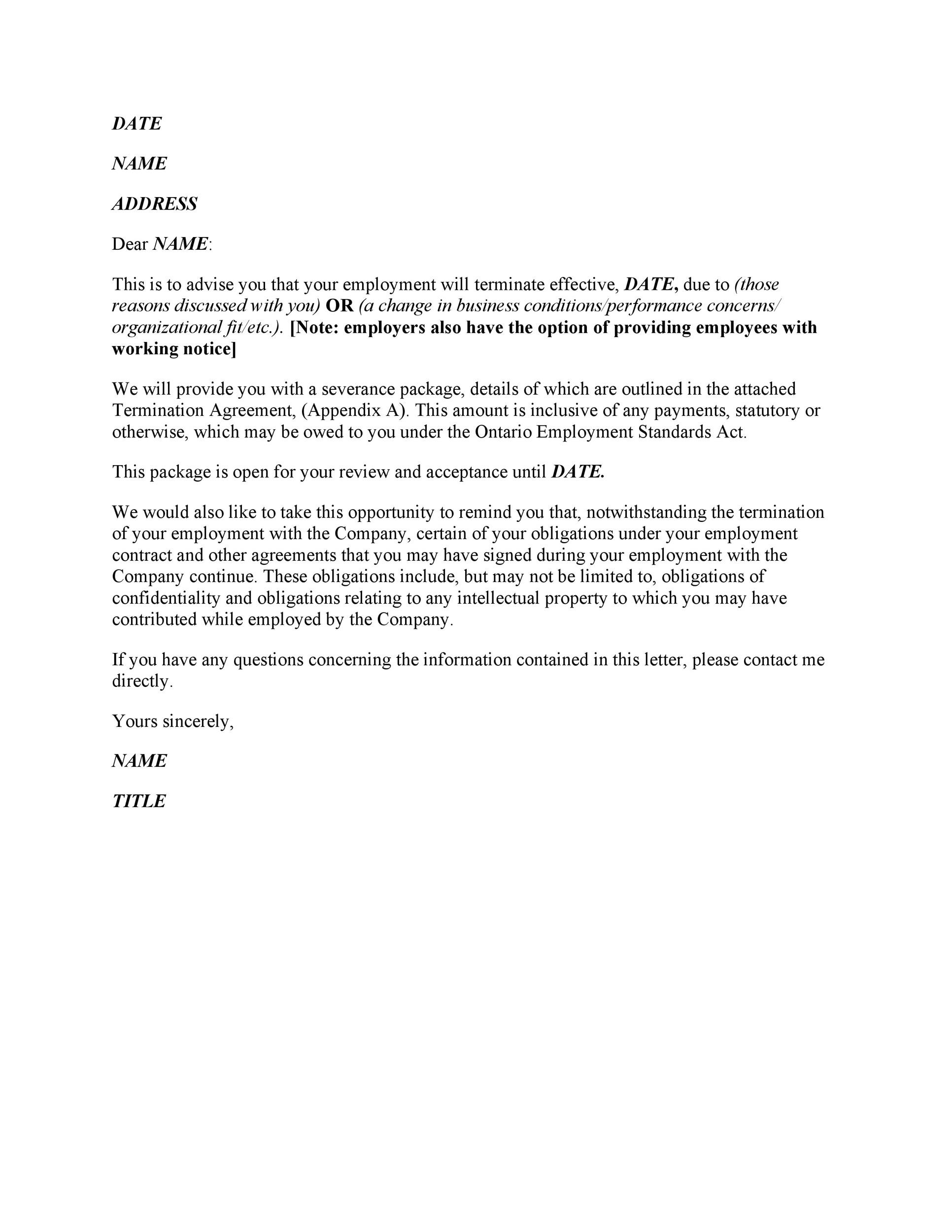
Do You Still Get Severance if You Get Another Job?
In today’s uncertain job market, it’s more common than ever for employees to find themselves out of work through no fault of their own. When this happens, many workers are eligible for severance pay, which can provide a crucial financial cushion during the transition to a new job. However, what happens if you get a new job before your severance pay runs out? Do you still get to keep the severance?
The answer to this question depends on a number of factors, including the terms of your severance agreement, state law, and the policies of your new employer.
What is Severance Pay?
Severance pay is a lump sum payment that an employer makes to an employee who is being laid off or terminated. The purpose of severance pay is to provide the employee with some financial assistance during the transition to a new job.
Severance pay is typically calculated based on the employee’s length of service and salary. However, the specific terms of severance pay can vary from employer to employer.
Do You Still Get Severance if You Get Another Job?
In most cases, you will still be eligible for severance pay even if you get another job before your severance pay runs out. However, there are some exceptions to this rule.
For example, if your severance agreement states that you will forfeit your severance if you get a new job, then you will not be eligible for severance pay if you do find a new job. Additionally, some states have laws that prohibit employers from providing severance pay to employees who get a new job.
It is important to note that the policies of your new employer may also affect your eligibility for severance pay. For example, some employers may have a policy of not hiring employees who are receiving severance pay from a previous employer.
Tips for Getting Severance Pay
If you are laid off or terminated, there are a few things you can do to increase your chances of getting severance pay:
- Negotiate your severance package. When you are negotiating your severance package, be sure to ask for severance pay. You may be able to negotiate a higher severance payment or a longer severance period.
- Get everything in writing. Once you have reached an agreement on your severance package, be sure to get everything in writing. This will help to protect your rights if there is any dispute over your severance pay.
- File for unemployment benefits. If you are not eligible for severance pay, or if your severance pay runs out before you find a new job, you may be eligible for unemployment benefits.
FAQs
Q: What is the average severance pay?
A: The average severance pay is two weeks of pay for every year of service. However, the specific amount of severance pay can vary from employer to employer.
Q: Do I have to pay taxes on severance pay?
A: Yes, severance pay is taxable income. However, you may be able to defer taxes on your severance pay if you roll it over into an IRA or 401(k) plan.
Q: Can I get severance pay if I quit my job?
A: No, you are not typically eligible for severance pay if you quit your job. However, there may be exceptions to this rule if you quit your job for a specific reason, such as a disability or a family emergency.
Conclusion
If you are laid off or terminated, you may be eligible for severance pay. However, the specific terms of your severance pay will depend on a number of factors, including the terms of your severance agreement, state law, and the policies of your new employer.
If you are unsure whether you are eligible for severance pay, or if you have any questions about your severance package, it is important to speak to an employment lawyer.
Interested in the topic “Do You Still Get Severance if You Get Another Job?”? Let us know, or learn more at our website.

Image: www.moneysense.ca

Image: lesboucans.com
Severance Pay: What am I entitled to after being let go from my job … Nov 6, 2023An employee who has been with the company for five years would be offered severance pay totaling five weeks of earnings — or a little more than a month’s pay. So, if they earn $2,000 per week